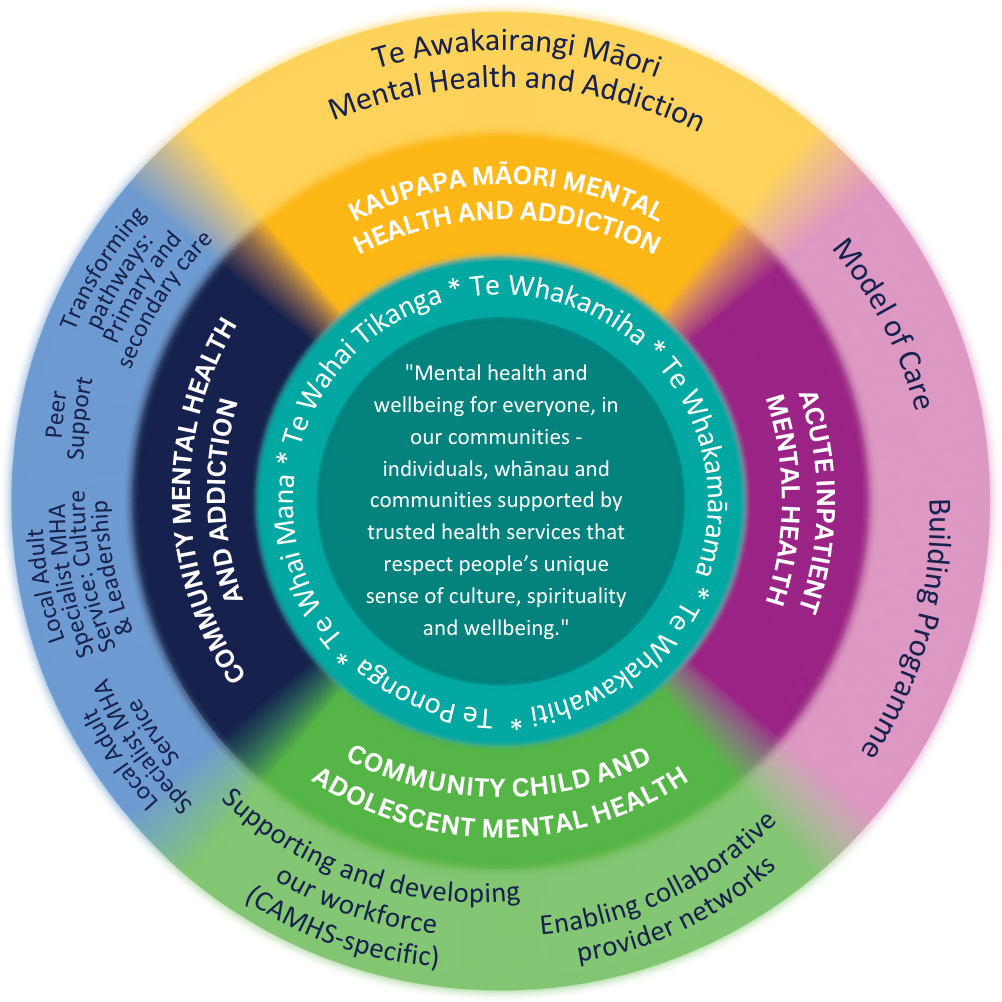 The Mental Health, Addiction and Intellectual Disability Service (MHAIDS) and the Strategy Planning and Performance (SPP) team have been working in partnership with stakeholders across our district including NGOs, primary care and government agencies to roll out a Mental Health and Addiction Change Programme.
The Mental Health, Addiction and Intellectual Disability Service (MHAIDS) and the Strategy Planning and Performance (SPP) team have been working in partnership with stakeholders across our district including NGOs, primary care and government agencies to roll out a Mental Health and Addiction Change Programme.
The aim of the programme is to create a system that places people first.To achieve this, we will develop an integrated, system-wide, and culturally responsive approach to mental health and addiction needs across our district. We are working with Māori, Pacific Peoples, Disabled communities and those with lived experience, to strengthen culturally responsive practice and improve access and outcomes for priority populations. We are committed to delivering a service that offers more choices and options for people in locations close to where they live, work and play.
We will strengthen the delivery of mental health and addiction services to reflect evidence based, high quality, integrated care that is safe and effective. In achieving this, we will provide our workforce with the development opportunities they need to enhance their specialist clinical skills and cultural competencies.
Working with mana whenua, partnering with Māori and honouring Te Tiriti O Waitangi has been clearly identified as a priority for the Mental Health and Addiction Change Programme. We will partner with Māori at all levels of the Change Programme and that prioritise solutions designed and delivered by Māori for Māori. Our direction aligns with Te Pae Tata, the Interim Health Plan (Te Whatu Ora, 2022).
There are four workstreams in the Programme, which complement one another but are able to progress independently:
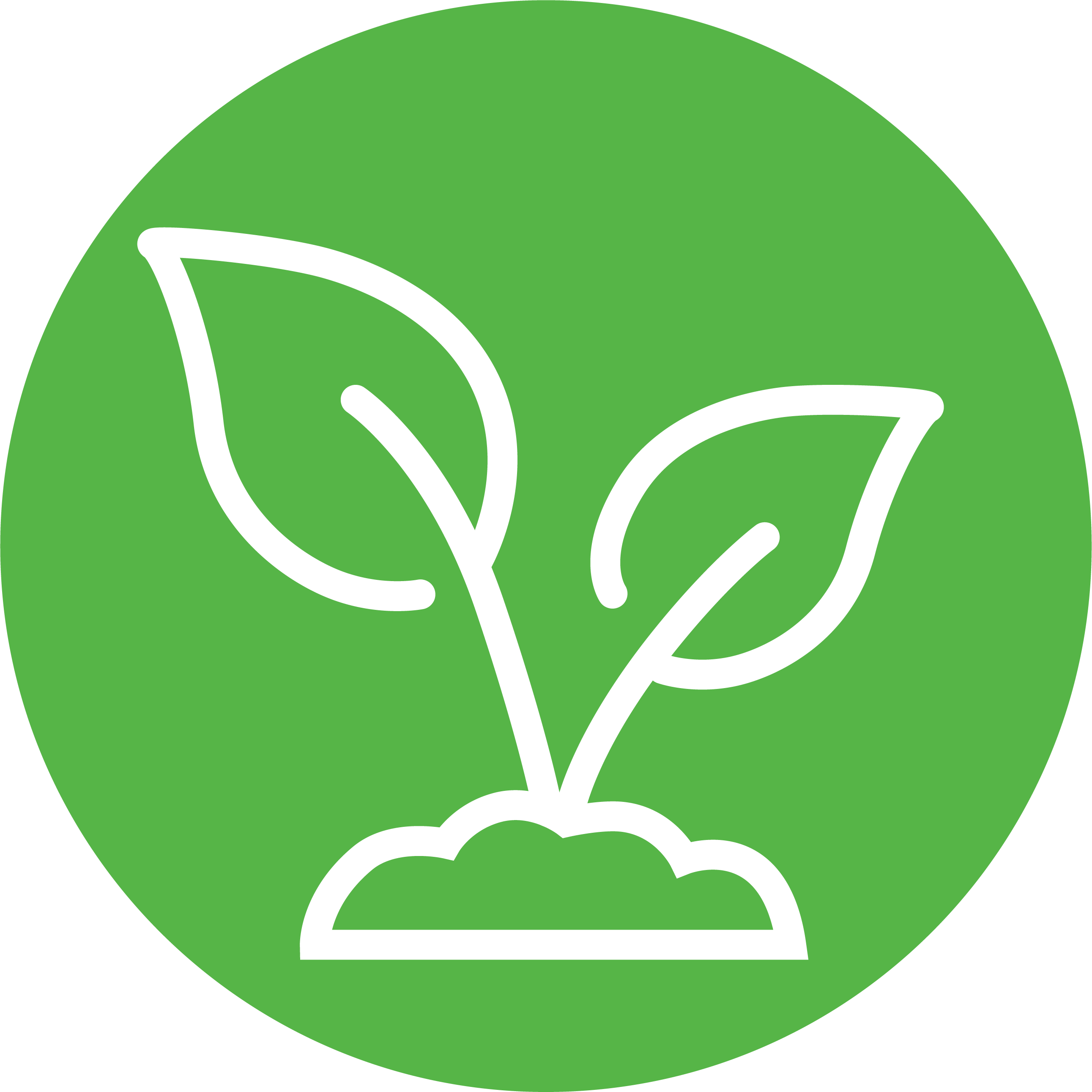 | The aim of the Community Child and Adolescent Mental Health workstream is to use the Choice and Partnership Approach (CAPA) to ensure we provide responsive and consistent care for whānau and achieve improved collaboration across services within our district. We will reduce waiting times for whānau, improve equity of access for Māori and Pacific peoples, and enable positive, trusting relationships between whānau and services. We will also build stronger relationships with our community partners to improve how services are offered to whānau across the sector. Related news |
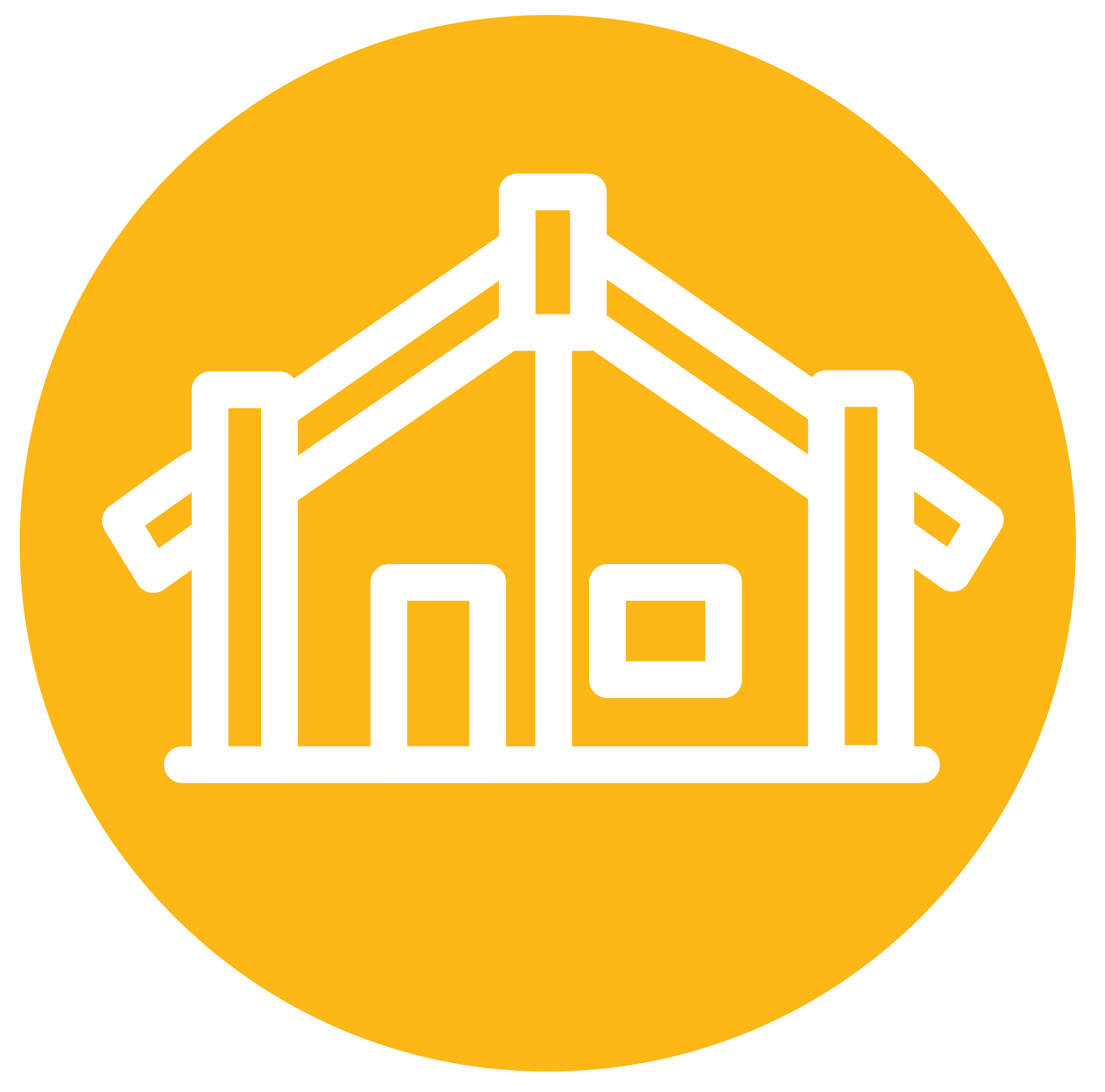 | The Hutt Valley Kaupapa Māori mental health project gives precedence to the health inequities that exist in Te Awakairangi for Māori whānau presenting with mental health difficulties. Consulting with the local community is pivotal in developing our response to the needs of Māori, with specific input from key stakeholders and mana whenua. This demonstrates a change mindset and an approach to mental health for Māori that is community led. We have an opportunity to advance Māori mental health research, policy and practice, and incorporate holistic care, matauranga Māori (knowledge) and wairuatanga (spirituality) into service delivery. We will take a whānau ora approach to recovery that is led by specialist Māori kaimahi and Māori mental health clinicians using the foundation of kaupapa Māori models of health and recovery. We also see an opportunity to improve equity and strengthen culturally responsive practice across all specialist mental health and addiction services. Find out more about the Te Awakairangi Māori Mental Health and Addiction workstream here. |
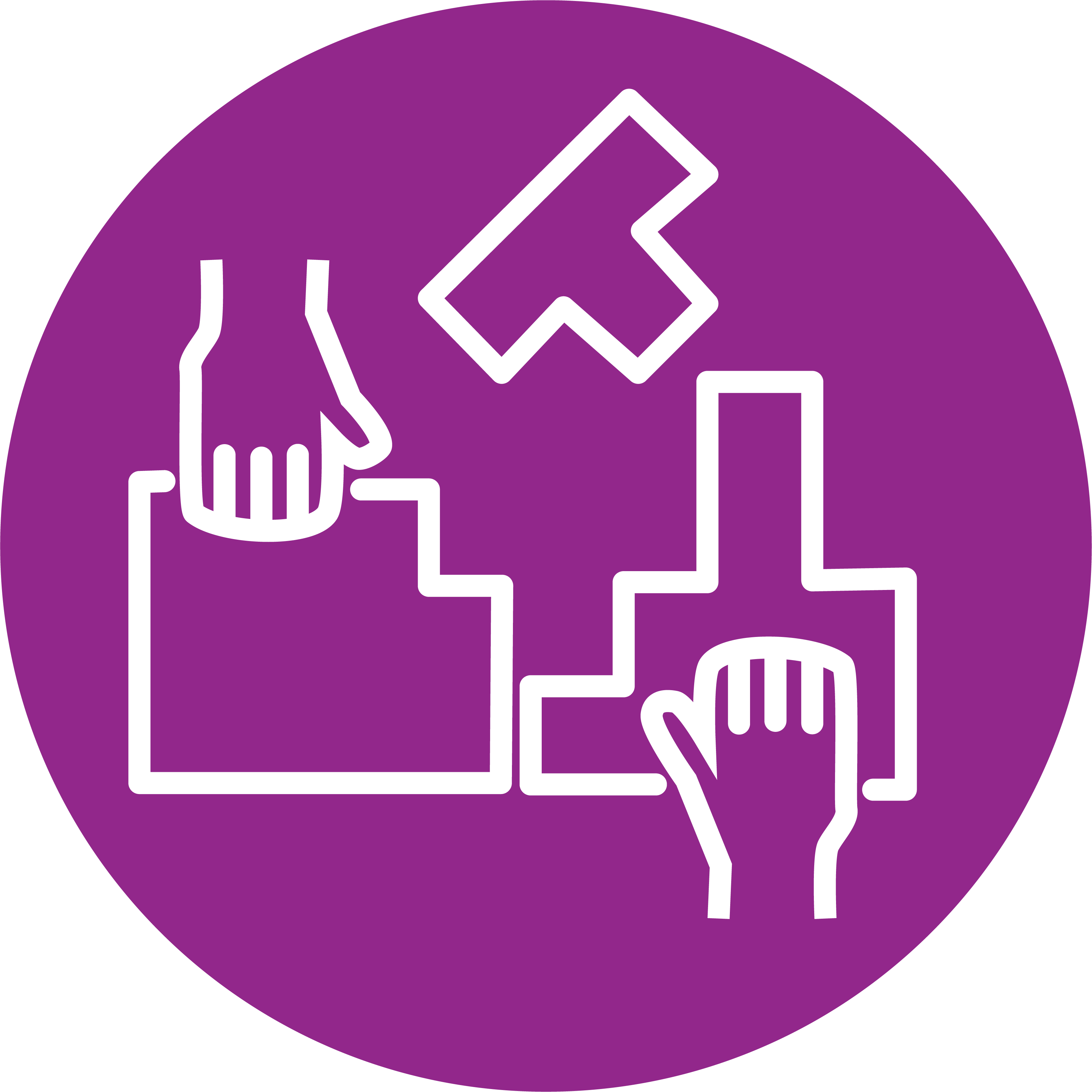 | This workstream encompasses the design and construction of a new 34-bed inpatient mental health unit at Hutt Hospital. The new unit will replace the existing 24-bed Te Whare Ahuru unit. A key component of this workstream is a rethink of the model of care applied to inpatient care across the district. We have taken the opportunity to develop a contemporary, culturally responsive model - and concomitant implementation plan - that informs the design of the new building. Related news |
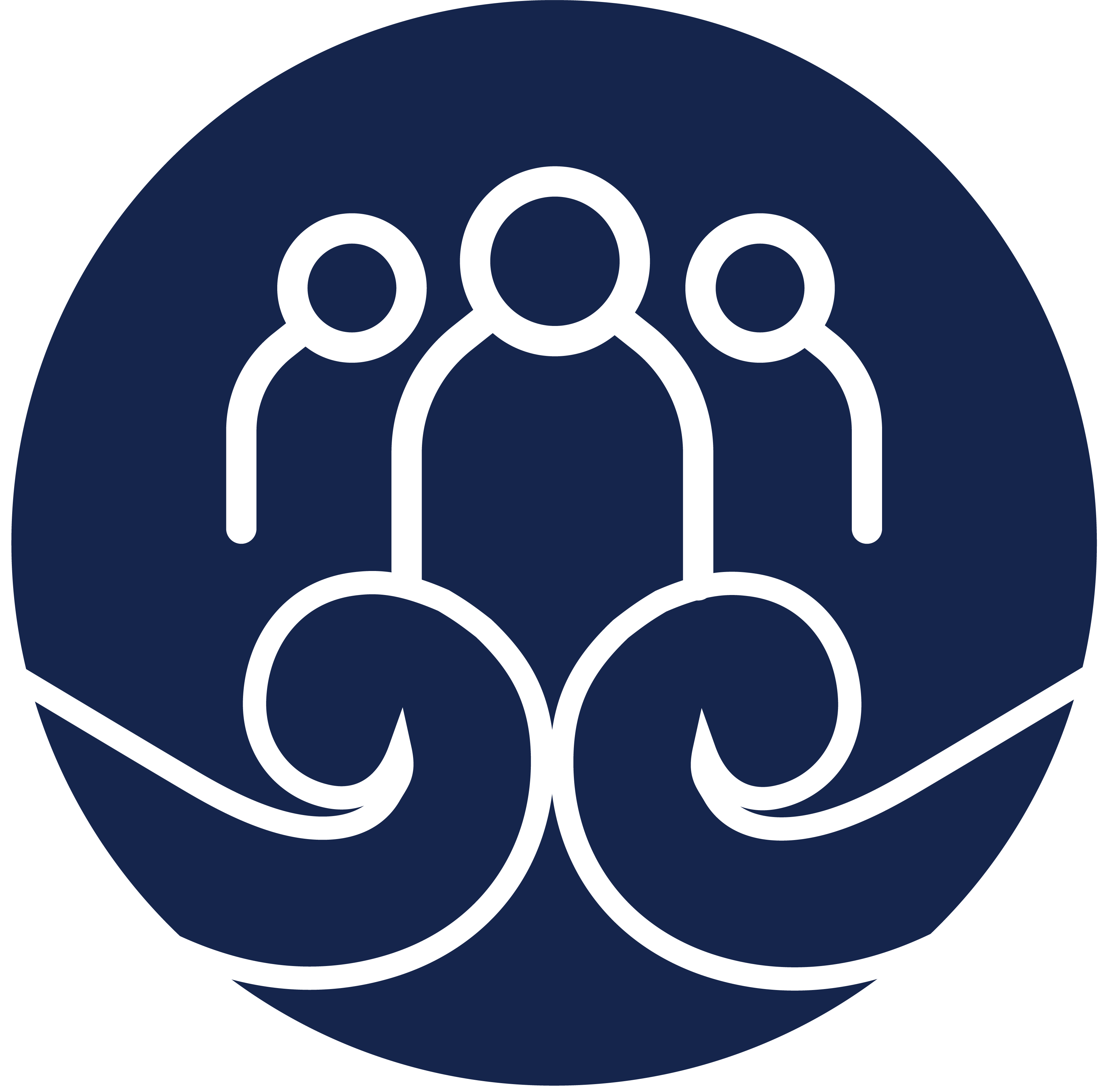 | This workstream encompasses several projects which, collectively, strengthen community-based services. This includes work to improve integration across the continuum of care and provide more options and choices closer to home. These projects complement one another but can progress independently. The Community Mental Health and Addiction workstream has had several projects nested under it, which are at various stages of completion. There are currently three projects sitting under this workstream - see diagram below. See section at the bottom of the page for projects previously associated with this workstream. |
Projects within the Community Mental Health and Addiction workstream
/community-projects-2024-1.png)
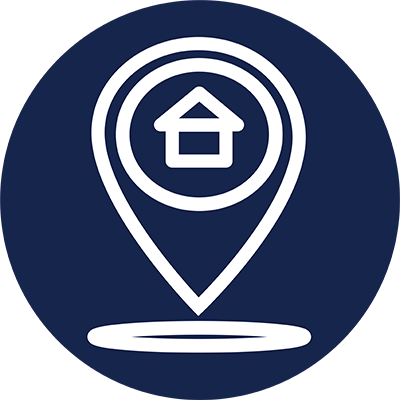 | Local Specialist Mental Health and Addiction Service We are re-designing our current Adult Community Mental Health Services including our crisis response and telephone triage functions as a Local Specialist Mental Health and Addiction Service. We want to increase options for people living in their local communities, offering a wider choice of services closer to where people live work and play. We will collaborate with our wider system of community providers and people with lived experience and ensure we apply an equity lens to our work. Most importantly, we want to support kaimahi in our specialist services to work to the top of their scope and feel proud to work for us. More information Related news |
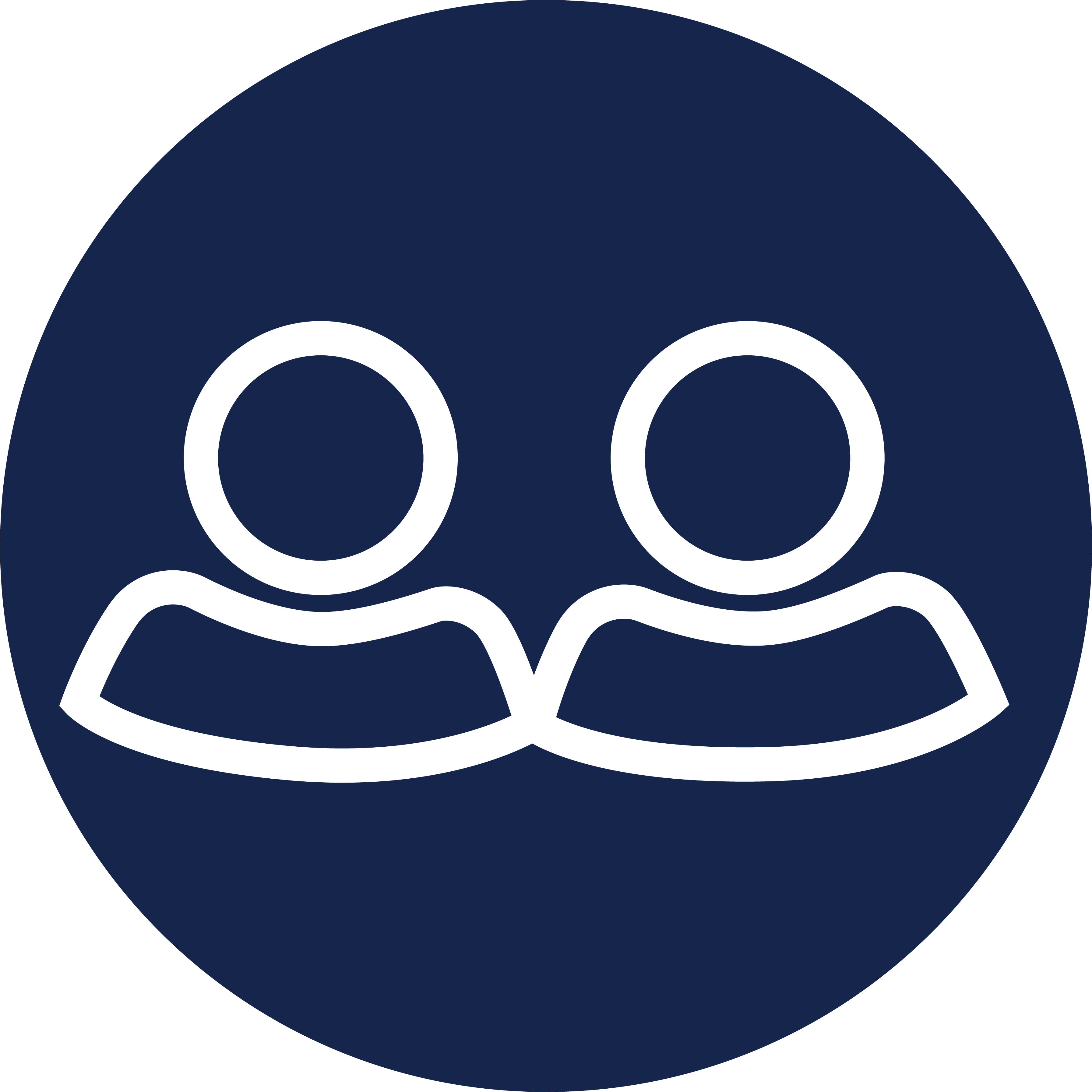 | Peer Support The Peer Support project aims to increase the capacity and capability of peer support specialists in a manner that recognises and values the important contribution of this workforce within mental health and addiction services. To do this effectively, we will strengthen existing, and enable new spaces where people can use their lived experiences to support tāngata whaiora in healing relationships. We will be investing in MHAIDS services and community providers and understanding and strengthening our training and development needs. Related news |
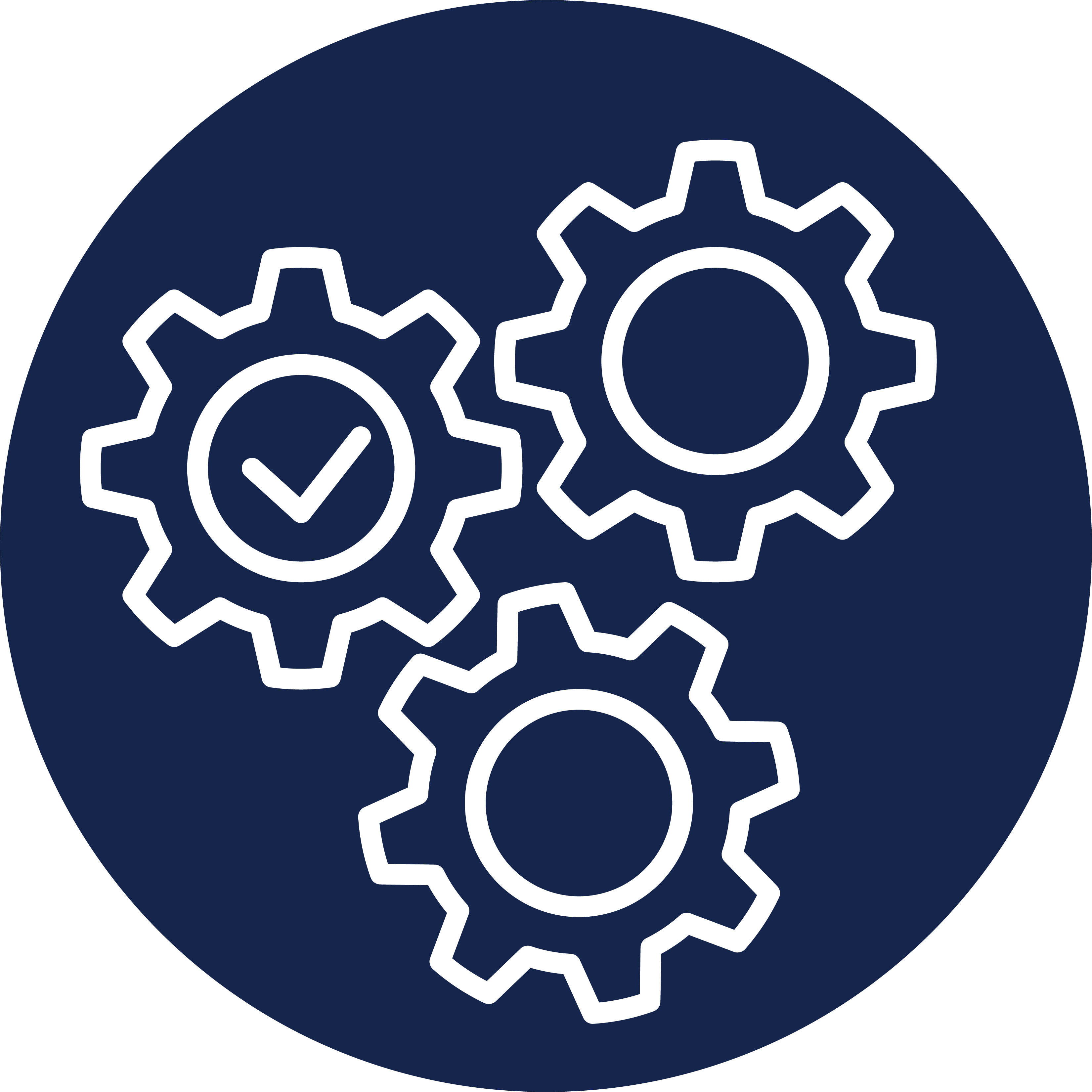 | Transforming pathways: Primary and Secondary care We are proposing the development of enhanced pathways between primary care and specialist mental health services (secondary care). The goal of the workstream is to strengthen communication between community, primary and specialist mental health and addiction services, making it quicker and easier for providers to access specialist advice and support for tāngata whaiora and whānau who need specialist mental health and addiction care. The first step is to increase FTE for SMO cover within this space while building a business care for increased future investment. Next steps include growing the Primary Care Liaison (PCL) Service and functions. This will ensure timely and equitable access to specialist mental health advice and support for primary care providers and GPs. This includes consistent access to consultant psychiatrist and other specialist mental health and addiction support. In the future, we plan to scope investment in GPs with Special Interests (GPwSI) and packages of care for psychological support. |
Projects previously associated with the Community Mental Health and Addiction workstream
Mental Health Addiction Crisis Support (MHACS)
The MHACS project aimed to improve the quality of treatment, support and choices for people presenting to Emergency Departments (and other acute care locations) in acute distress.
This national initiative was formally concluded in 2023, with work undertaken integrated into the MHAIDS ED Liaison roles.
Read more
Community hubs
This project focused on collaboration with the community to develop local mental health and wellbeing hubs, allowing people in mental distress to quickly access the support that they need.
This project was paused in August 2023; however, we remain committed to the principle of community-led service development.
Read more